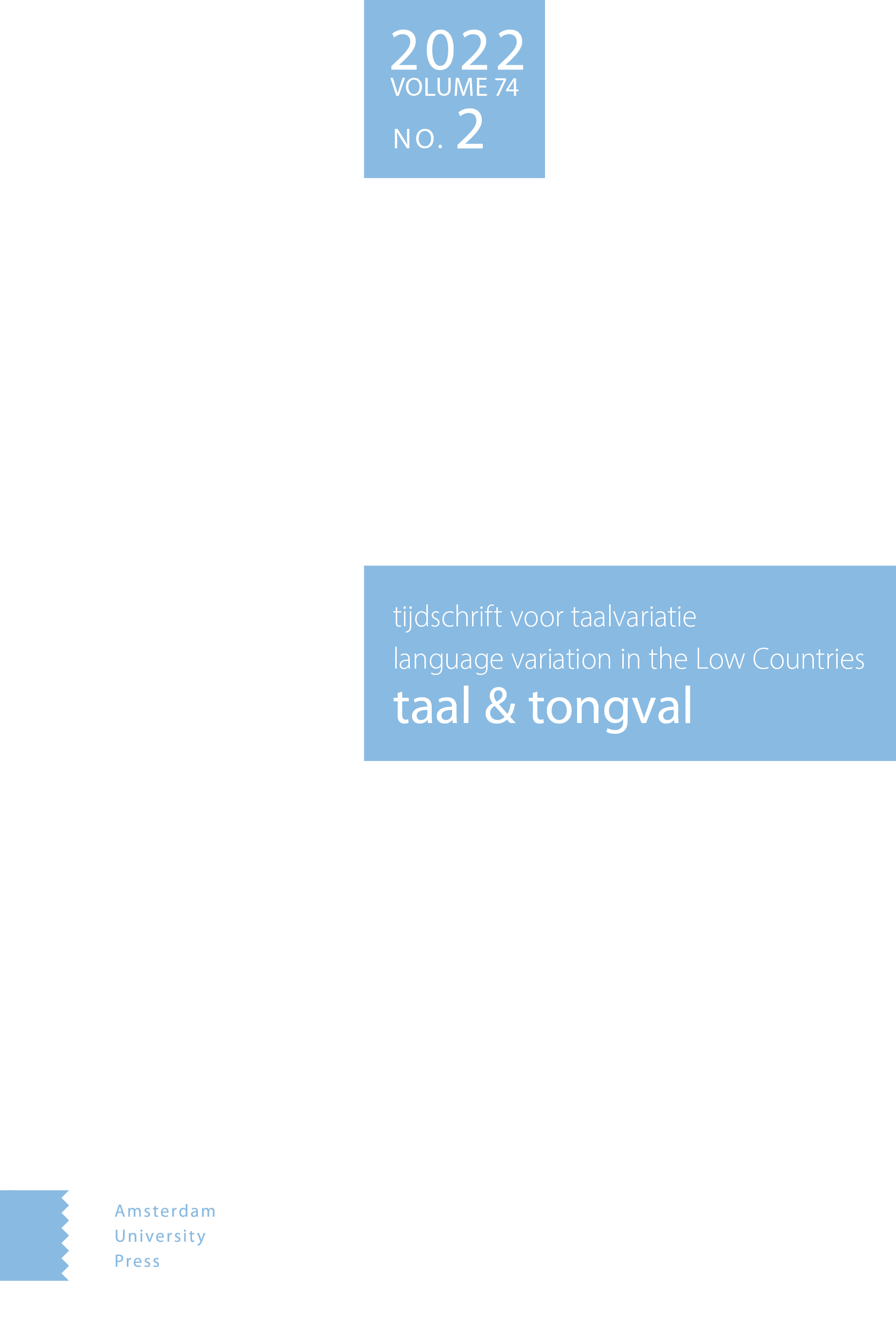-
oa Parasitic participles in Germanic: Evidence for the theory of verb clusters
- Amsterdam University Press
- Source: Taal en Tongval, Volume 64, Issue 1, Jan 2012, p. 129 - 156
- Previous Article
- Table of Contents
- Next Article
Abstract
This paper investigates a series of Germanic verb constructions, which appear to involve the ‘wrong’ morphology on one or more of the verbs involved: Norwegian parasitic participles, Frisian upward and downward parasitic participles, and the German Skandal construction. I provide an explicit syntactic account unifying the phenomena and deriving the differences from independent differences among the languages. These apparently odd constructions are shown to be subject to specific distributional restrictions which are fully in line with standard grammatical principles of the languages under consideration. The account is based on a top-down definition of Agree, namely the claim that an unvalued feature is valued by the closest c-commanding element with the appropriate valued feature. I demonstrate that this view allows for a uniform treatment of the morphological and syntactic properties of these constructions, which, so far, have been assumed to be unrelated. Lastly, I argue that different word orders in verb clusters can be derived either by syntactic movement (in which case locality conditions have to be obeyed and new Agree(ment) relations are formed) or by pf-linearization of sister nodes (in which case no locality effects are observed and no new Agree(ment) relations are established.


